
The modern Islamic finance and environment, social and governance (ESG) investments took shape in the 1970s, but in fact it was practiced even before the 20th century. Currently in the Middle East, these two forms of investments are respectively growing at different speeds, notwithstanding the obvious potential of overlaps in these products. Islamic finance and ESG investment are financing and investment forms that complement each other because of a number of shared principles, such as emphasis on safeguarding social and environmental benefits. Both system offer similar products to Muslim and non-Muslim investors, they share more similarities than differences and they can learn from each other as both feature strong practice and policies.
At present, increasingly more companies,
investors and even regulators focus their attention on ESG and SDGs of the United
Nations, with all major stock exchanges around the world and enterprises having
laid their groundwork for ESG. In our opinion, ESG and the targets of SGDs formulated
by the United Nations are closely related to sustainable investment or sustainable
development, which also match the objectives and philosophy of Islamic finance in
various regulations and different fields. In this regard, a rising number of related
objectives and concepts have been exploited to distinguish and formulate the sustainable
development status and long-term strategic objectives of enterprises, since these
reflected substantial “non-accounting” information are not revealed in financial
reports but constitute an important component in business valuation. These ESG indicators
have grown in importance since they can be utilized to assess whether or not policies
formulated by corporate management are affecting operational efficiency and future
strategic direction, and to help develop insights and opinions on intangible assets
such as brand value and reputation. In the future, our company will also integrate
ESG, SDGs and the philosophy and demands of Islamic finance, which we aim to incorporate
into our comprehensive assessment system in the future.
 Environmental concerns
Environmental concerns
 Social concerns
Social concerns
 Corporate governance concerns
Corporate governance concerns
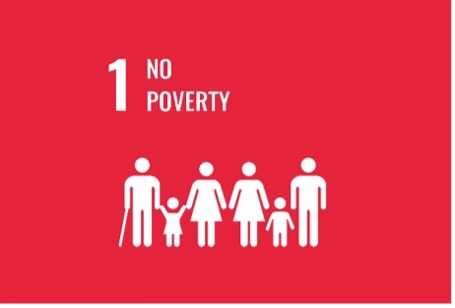
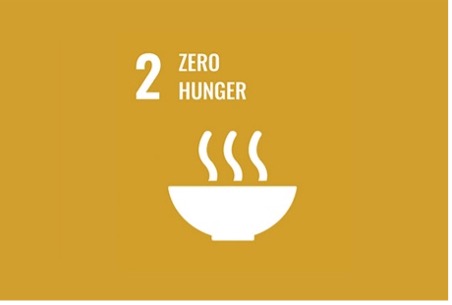
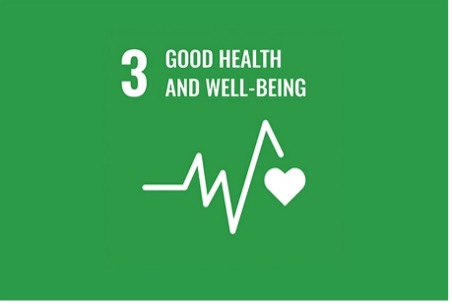
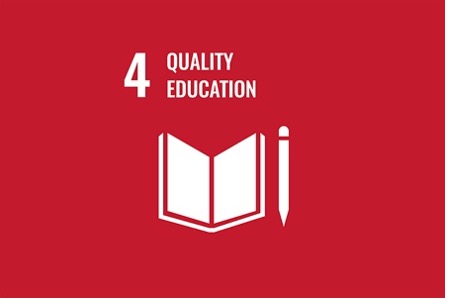

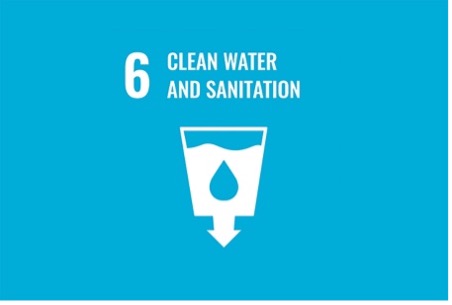


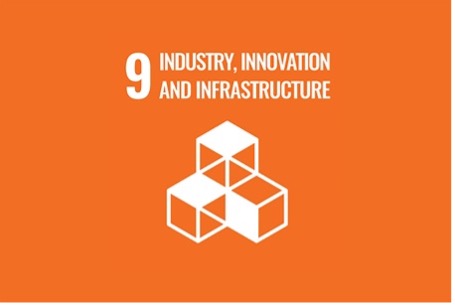
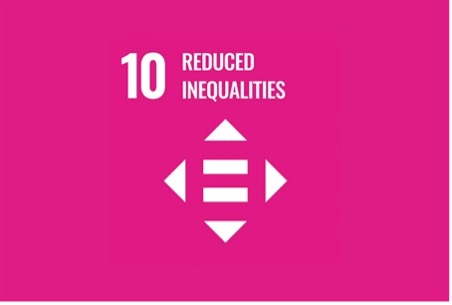

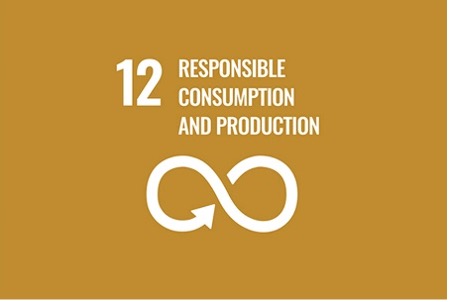
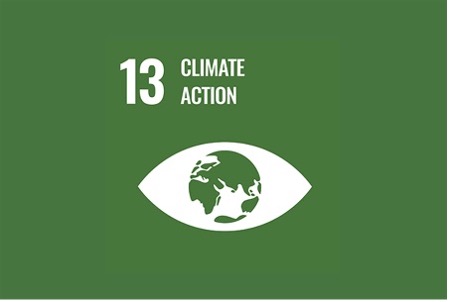
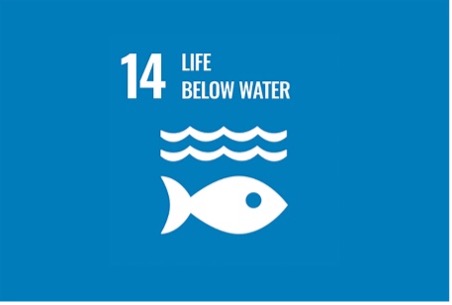
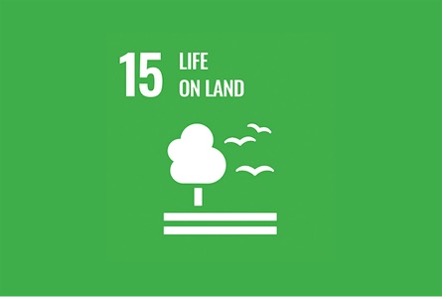
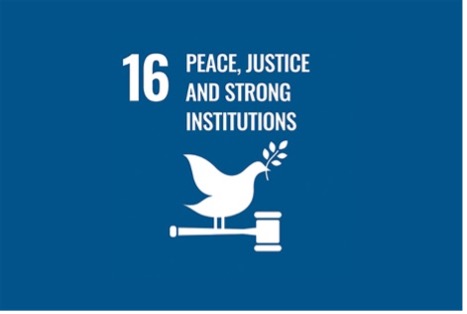
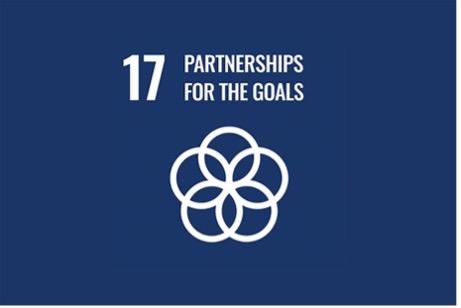


All the information provided on this website is for reference only and is not stock and securities investment advice. TYC Finance Limited does not assume any legal liability.
TYC FINANCE Copyright All Rights Reserved